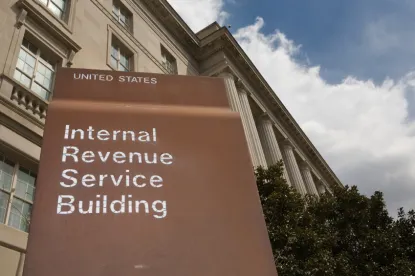On June 22, 2016, the Internal Revenue Service published proposed regulations under Internal Revenue Code Section 409A, which applies to non-qualified deferred compensation plans and arrangements. The proposed regulations are intended to clarify or modify specific provisions of the final regulations under Code Section 409A that were published on April 17, 2007. Below is a brief summary of some of the more helpful clarifications or modifications:
-
Payments intended to qualify as short-term deferrals may be paid after the applicable 2 ½ month period and still qualify as a short-term deferral if the payment is delayed because the service recipient anticipates that making the payment during such period will violate Federal securities laws or other applicable law. The payment must be made as soon as practicable after payment will no longer violate the applicable law.
-
To receive a stock right, a service recipient does not have to provide direct services on the grant date of the stock right to an eligible issuer of the stock, but it must be reasonably anticipated that such service provider will begin providing services within 12 months after the grant of the stock right. This should be very helpful in new employment negotiations.
-
Upon the death of a service provider or a beneficiary of a service provider, deferred compensation can be paid at any time during the period beginning on the date of death and ending on December 31 of the first calendar year following the calendar year in which the death occurs. This extension of time to make a permissible payment upon death was made due to the length of time it may take to complete probate.
-
The acceleration of payment pursuant to a termination of a deferred compensation plan requires the service recipient to terminate and liquidate all plans in the same category that the service recipient sponsors regardless of the plans in which a particular service provider actually participates.
Taxpayers can rely on these proposed clarifications and modifications to the final 409A regulations until the final clarifications and modifications are published by the IRS.





 />i
/>i

